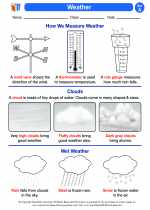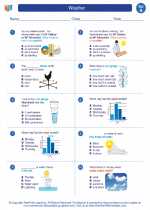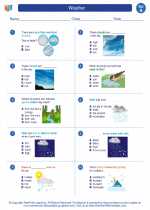Fungi
What are fungi?
Fungi are a group of organisms that are not plants, animals, or bacteria. They are heterotrophic organisms, which means they obtain their nutrients from other sources. Fungi play a crucial role in the ecosystem as decomposers, breaking down organic matter and recycling nutrients.
Characteristics of Fungi
- Cell Structure: Fungi are made up of thread-like structures called hyphae, which form a network known as mycelium.
- Nutrition: Fungi are heterotrophs and obtain nutrients through absorption.
- Reproduction: Fungi can reproduce both sexually and asexually. They produce spores for reproduction.
- Habitat: Fungi can be found in various habitats, including soil, water, and living organisms.
Types of Fungi
There are several major groups of fungi, including:
- Ascomycetes: Commonly known as sac fungi, they produce spores in a sac-like structure called an ascus.
- Basidiomycetes: These include mushrooms, toadstools, and bracket fungi. They produce spores on club-shaped structures called basidia.
- Zygomycetes: These fungi are characterized by their sexual reproductive structures called zygospores.
- Deuteromycetes: Also known as imperfect fungi, they are a diverse group with no known sexual reproductive stage.
Importance of Fungi
Fungi have both positive and negative impacts on human life and the environment. Some of their important roles include:
- Food Production: Fungi are used in the production of food and beverages such as bread, cheese, and beer.
- Medicine: Many antibiotics, such as penicillin, are derived from fungi.
- Ecological Balance: Fungi play a crucial role in the decomposition of organic matter, nutrient cycling, and symbiotic relationships with plants.
- Disease: Some fungi can cause diseases in plants, animals, and humans.
Study Guide
Here are some key points to remember when studying fungi:
- What are the defining characteristics of fungi?
- Describe the structure of fungal hyphae and mycelium.
- Explain the ways in which fungi obtain nutrients.
- Discuss the reproductive strategies of fungi.
- Identify the major groups of fungi and their distinguishing features.
- Examine the importance of fungi in various aspects of human life and the environment.
Understanding the diverse world of fungi is essential for appreciating their ecological and practical significance. Good luck with your studies!
[Fungi] Related Worksheets and Study Guides:
.◂Science Worksheets and Study Guides First Grade. Weather
Study Guide Weather
Weather  Activity Lesson
Activity Lesson Weather
Weather  Worksheet/Answer key
Worksheet/Answer key Weather
Weather  Worksheet/Answer key
Worksheet/Answer key Weather
Weather  Worksheet/Answer key
Worksheet/Answer key Weather
Weather  Worksheet/Answer key
Worksheet/Answer key Weather
Weather  Vocabulary/Answer key
Vocabulary/Answer key Weather
Weather  Vocabulary/Answer key
Vocabulary/Answer key Weather
Weather 

 Activity Lesson
Activity Lesson
 Worksheet/Answer key
Worksheet/Answer key
 Worksheet/Answer key
Worksheet/Answer key
 Worksheet/Answer key
Worksheet/Answer key
 Worksheet/Answer key
Worksheet/Answer key
 Vocabulary/Answer key
Vocabulary/Answer key
 Vocabulary/Answer key
Vocabulary/Answer key

The resources above cover the following skills:
Earth Systems Science
Earth's materials can be compared and classified based on their properties. Students can:
Identify and represent similarities and differences such as the texture, size, color, and shape of various materials on Earth